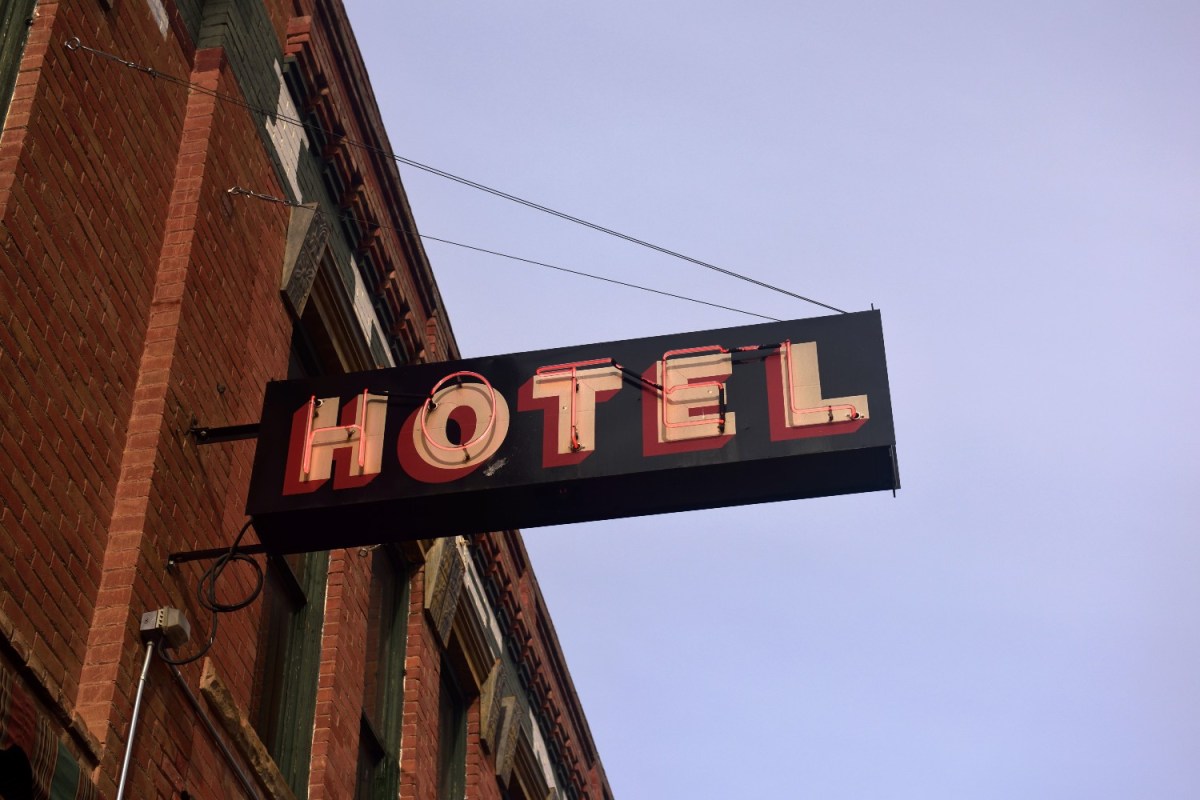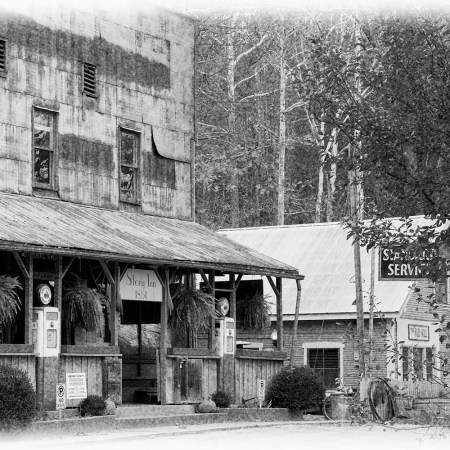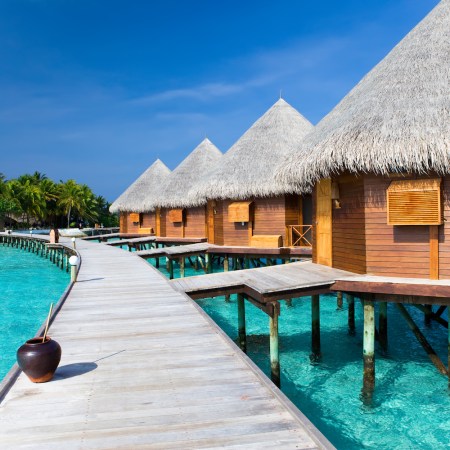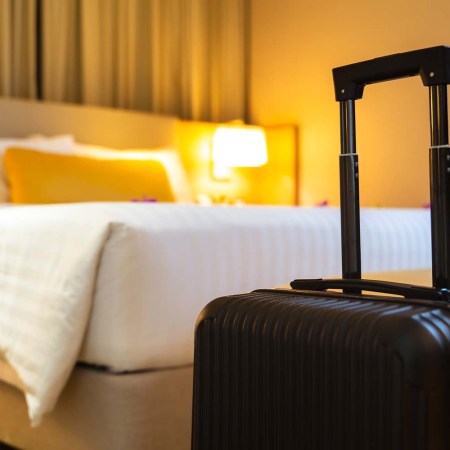When booking a room while traveling to a new town or city, odds are good that you’ll have plenty of options to choose from. That’s not just in the “should I stay at a luxury hotel or opt for something more modest” sense of things; booking spaces via Airbnb and Vrbo is also in the cards for most municipalities. There, too, it’s not hard to see the contrasts available — staying in someone’s apartment versus staying in a hotel are, by definition, going to be wildly different experiences.
A trip back into the nation’s history reveals something interesting: it wasn’t always this way. Writing at JSTOR Daily, Livia Gershon ventured back into the history of hotels in North America, and finds that what qualified as a hotel hundreds of years ago sounds very similar to what we’d expect from Airbnb today.
Citing the work of historian A. K. Sandoval-Strausz, Gershon points to the prevalence of public houses in the U.S. prior to the 1790s — spaces described as “repurposed private homes” where rooms might be shared with other travelers. If you’ve ever seen a listing for a couch in someone else’s apartment, try to imagine that situation over 200 years ago and you’ll be in the right ballpark.
Airbnb CEO Wants to Make Airnbnb Affordable Again. Will It Work?
A new pricing tool will allow hosts to compare properties in their areaAs Gershon points out, at the end of the 18th and beginning of the 19th centuries, the U.S. began to see more of what we’d consider to be modern-day hotels. Given the number of rooms to book in private residences in 2023, however, it seems like history has come full circle — sometimes in unexpected ways.
Thanks for reading InsideHook. Sign up for our daily newsletter and be in the know.


















